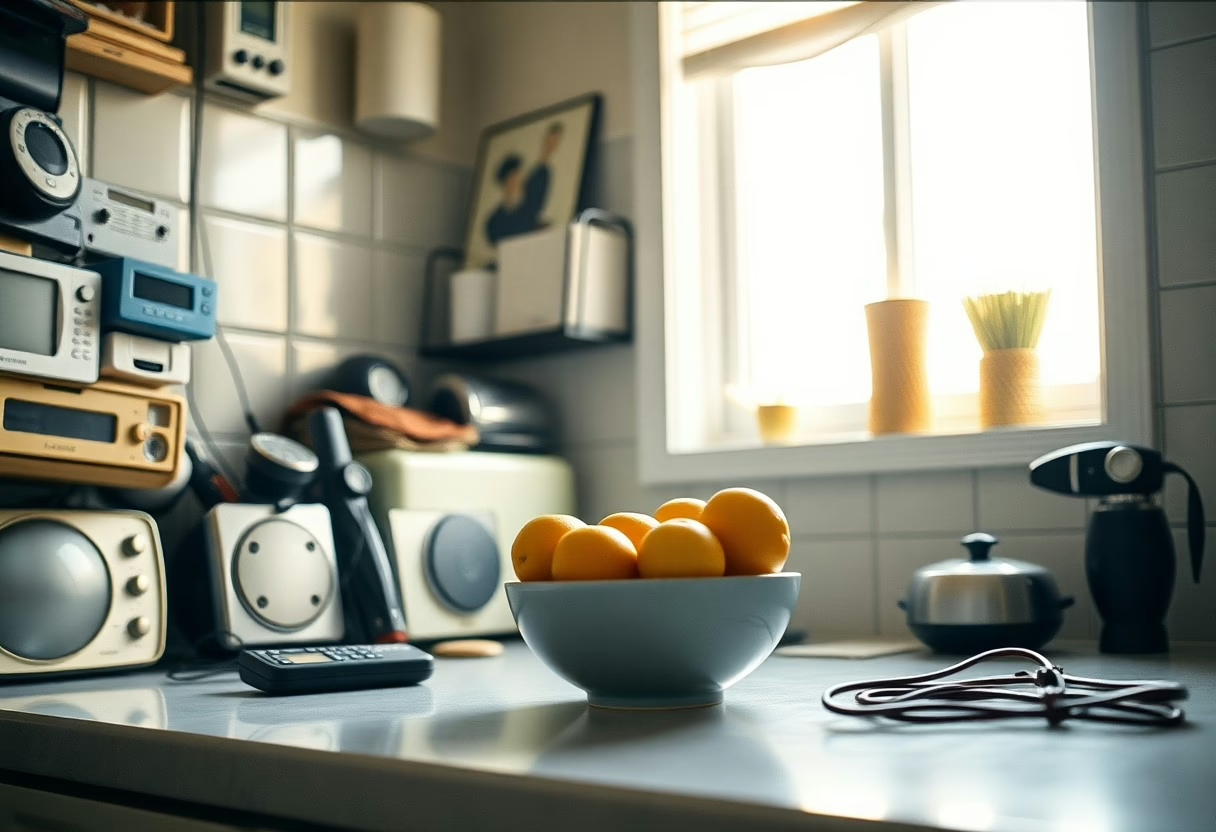Less clutter in your life can lead to greater clarity and fulfillment, transforming your daily experience into something more meaningful and purposeful. By embracing minimalism, you empower yourself to focus on what truly matters, enhancing your overall well-being and productivity in ways that extend far beyond simple organization. You may discover that reducing physical possessions and mental baggage allows for deeper connections and improved efficiency in all areas of your life. This comprehensive post will explore practical strategies and insights that demonstrate how simplifying various aspects of your life can create space for more meaningful experiences and achievements, enabling you to live with greater intention, purpose, and satisfaction while reducing stress and enhancing your overall quality of life.
The Philosophy of Minimalism
Minimalism centers around simplifying your life by stripping away excess to focus on what truly matters. You embrace an intentional lifestyle, valuing quality over quantity in your possessions and experiences. This philosophy encourages you to evaluate your relationship with material items, prompting a shift in mindset where emotional and mental clarity take precedence.
Living with less offers transformative benefits, including reduced stress, improved finances, and enhanced well-being. By decluttering your space, you create an environment conducive to clarity and creativity. You discover that fewer possessions can lead to deeper connections with the things that truly resonate with you.
Benefits of Living with Less
Statistics show that individuals who embrace minimalism often report increased happiness and lower anxiety levels. A survey found that 75% of participants experienced improved focus and productivity after decluttering their lives. By reducing physical and mental clutter, you effectively create a sanctuary that promotes better decision-making and greater control.
The Psychological Impact of Decluttering
Decluttering dramatically transforms your mental landscape. By removing physical clutter, you create a more serene environment that fosters both emotional wellbeing and cognitive health. The process of letting go can be liberating, providing clarity and a heightened sense of control.
A cluttered environment can elevate stress levels and exacerbate anxiety. As you clear out unnecessary items, you create a sense of order that leads to significant reduction in mental fatigue. Studies show that individuals in decluttered spaces report lower cortisol levels, indicating reduced stress.
Improving Focus and Clarity
Clear spaces enhance your ability to focus and think clearly. When surrounded by minimal distractions, your mind can concentrate on tasks at hand. Research suggests that individuals who declutter experience improved cognitive function and increased productivity.
Studies indicate that individuals exposed to clutter often suffer from decreased attention spans and increased cognitive overload. In contrast, a minimalist space empowers you to prioritize what matters most, streamlining thoughts and boosting overall efficacy.
Financial Freedom Through Simplification
Achieving financial freedom often involves simplifying your financial life. By eliminating unnecessary expenses and focusing on what truly matters, you can create a healthier relationship with money. Simplification allows you to manage your finances with clarity and set realistic goals.
Excess creates hidden costs that can drain your resources and mental clarity. Overspending on material possessions leads to debt, increased stress, and constant maintenance. By understanding these costs, you can make more intentional choices.
Investing in Experiences Over Possessions
Shifting your focus from possessions to experiences can lead to a more fulfilling life. Studies show that experiences contribute more to happiness than material items, as they create lasting memories and stronger relationships.
Consider prioritizing experiences that enrich your life and promote personal connections. Spending on travel not only exposes you to new cultures but also strengthens relationships. Research indicates that people derive greater satisfaction from shared experiences than from individual purchases.
Environmental Benefits of Minimalism
Choosing minimalism significantly reduces your ecological footprint. By consuming less, you automatically lower the demand for resource extraction, energy use, and waste production. This lifestyle change encourages more sustainable habits.
Embracing a minimalist lifestyle leads directly to waste reduction. Fewer possessions mean less clutter, which translates to less waste generated from packaging and unnecessary items.
Sustainable Living Practices
Adopting minimalist principles opens doors to sustainable living practices that prioritize environmental health. You might find yourself gravitating toward locally sourced products, zero-waste initiatives, or energy-efficient solutions.
For example, you could start supporting local farmers’ markets, where you buy fresh produce without excessive packaging. This reduces plastic consumption and cuts down on carbon emissions. Consider swapping single-use items for reusable alternatives, such as cloth bags or stainless steel water bottles.
Practical Steps to Embrace Less
Embracing a lifestyle of minimalism requires practical strategies that promote simplicity and intentional living. Start by identifying areas where you can eliminate excess, allowing you to focus on what truly matters.
Begin your decluttering journey by adopting the ‘one in, one out’ rule. Designate specific areas of your home for decluttering sessions, tackling one room at a time. Use a systematic approach like the KonMari Method, focusing on keeping only items that spark joy.
Mindful Consumption
Mindful consumption entails making conscious choices about what you bring into your life. Evaluate your purchases based on need, utility, and emotional value to ensure they align with your values.
To deepen your approach, consider adopting the 30-day rule—if you feel the urge to purchase something, wait 30 days before deciding. This waiting period helps you assess the item’s true necessity. Emphasizing quality, research products before buying and choose brands that prioritize sustainability.

Stories of Transformation
Minimalism has led to profound transformations in the lives of many individuals and families. Real-life accounts highlight not just the decluttering of spaces, but also psychological and financial shifts.
Examining specific case studies reveals tangible benefits. A family of four reduced living expenses by 50% after downsizing. An individual reported a 40% increase in productivity after clearing their workspace. A young couple saved $10,000 in one year by eliminating unnecessary subscriptions.
Final Words
Embracing the philosophy of “less is more” enables you to focus on what truly matters in your life. By simplifying your surroundings and prioritizing quality over quantity, you can enhance your well-being and cultivate deeper connections. As you let go of unnecessary clutter, you create space for personal growth and meaningful experiences.

